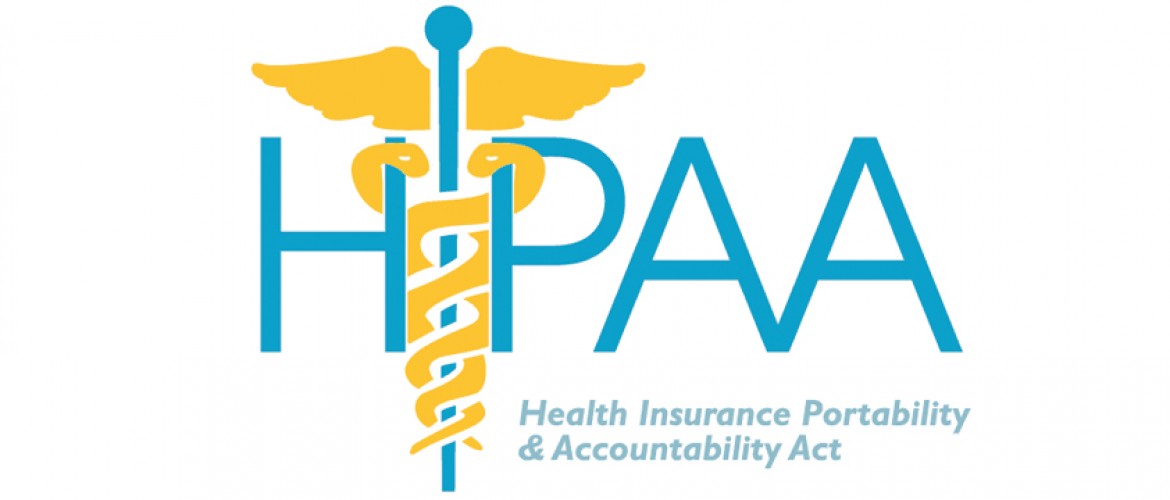
A Brief History of HIPAA
For almost 20 years, HIPAA has played a guiding role in addressing the importance of security and privacy of health data. Standards that are set by HIPAA are not meant to bog the system down, but rather to improve the efficiency and effectiveness of the entire national health care system by ‘encouraging’ the increased standards of using electronic data interchange in all health care.
In 1996 “The Health Insurance Portability and Accountability Act” (HIPAA) was enacted by the U.S. Congress. The act was instated primarily to protect health insurance coverage for workers and their respective families when there is a loss or change of employment. This is outlined in Details in Title I of HIPAA Act.
As in Title II of the act, the establishment of national standards for electronic health care transactions and national identifiers for the providers, employers and health insurance plans. Along with that is the addressing the importance on the security and privacy of all health data. These standards are not meant to bog the system down, but rather to improve the efficiency and effectiveness of the entire national health care system by ‘encouraging’ the increased standards of using electronic data interchange in all health care.
How does HIPAA impact you?
Here is how HIPAA Rules apply to covered entities and business associates according to the US Department of Health and Human Services:
“Individuals, organizations, and agencies that meet the definition of a covered entity under HIPAA must comply with the Rules’ requirements to protect the privacy and security of health information and must provide individuals with certain rights with respect to their health information.
If a covered entity engages a business associate to help it carry out its health care activities and functions, the covered entity must have a written business associate contract or other arrangement with the business associate that establishes specifically what the business associate has been engaged to do and requires the business associate to comply with the Rules’ requirements to protect the privacy and security of protected health information. In addition to these contractual obligations, business associates are directly liable for compliance with certain provisions of the HIPAA Rules.
To learn more about HIPAA and guidance for consumers, click to watch this video. Additionally, you can find training materials that may be helpful for your facility, new employees and more.
In what ways does HIPAA impact your day to day operations, nearly 20 years after its enactment? We want to hear from you!
Comment here or contact UPS Healthcare to let us know your thoughts today!
